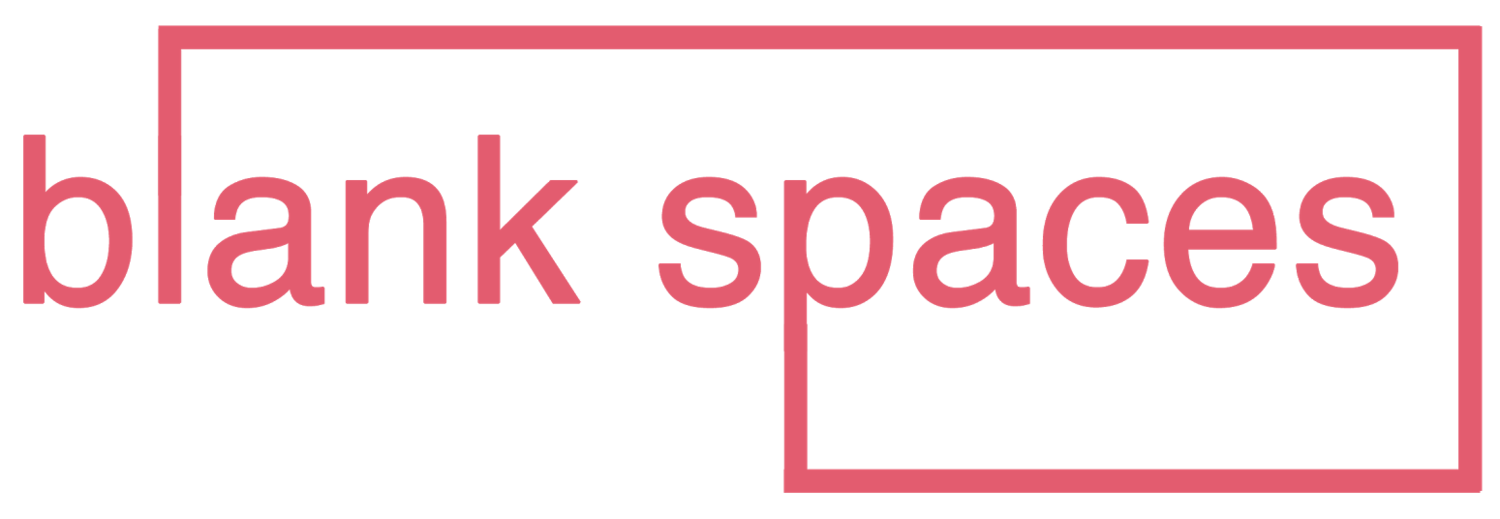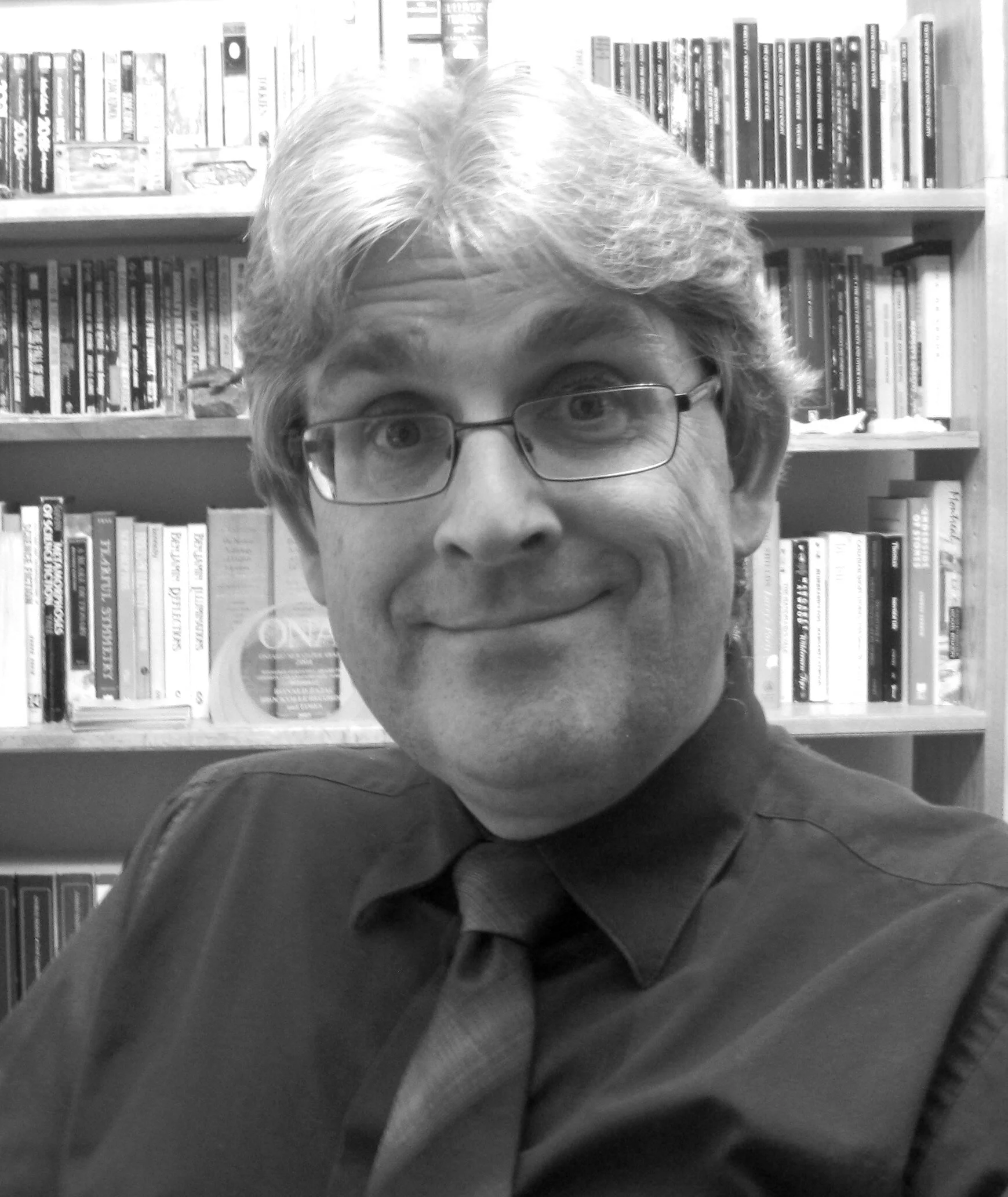Coffee Chat with Ronald Zajac
Pour yourself a nice steaming cup and settle in to get to know Ronald Zajac a little better.
Tell us a bit about yourself. Who are you? Where are you located? Do you have a day job?
I live in Brockville, Ontario, though I was born and raised in Montreal. I am a journalist with the Brockville Recorder and Times. I have been doing this long enough now to have a rich vein of raw material to refine into fiction.
How do you take your coffee? Strong, ground just before it is brewed, with just a bit of milk.
What Blank Spaces issue were you first published in? Volume 4 Issue 1, September 2019.
When did you first know you wanted to write? I was 19 years old and working at getting into journalism school when I read Hemingway's The Snows of Kilimanjaro and it opened my mind to the exhilarating joy of fiction. That started me on the path to a BA and MA in English lit (McGill) and dreams of being a writer.
What are you reading right now? What is it about and what keeps you coming back to the pages? I am reading the Essays of Michel de Montaigne, for no other reason than coming upon it in a used bookstore while shopping with my wife on our anniversary, and realizing Montaigne came up repeatedly in my literary studies and I never got around to reading it. I keep coming back to it because I don't believe in starting books without finishing them, though to be honest I find the French nobleman has an inflated sense of his own importance.
What role has Blank Spaces played in your creative journey? It is the second literary magazine to publish one of my stories, and it introduced me to a wonderful community of Canadian creatives, in particular through the launch of Just Words Vol. 4.
Tell us a little about the piece Blank Spaces published and how it was received by family, friends, and the greater community? It is a short story called "Tunnel Vision," about a middle-aged man struggling with obsessive-compulsive disorder, who tries to initiate a romantic relationship with his psychiatrist, a younger woman who sees through his scheme. As they take a morning walk through a tunnel he recalls the Cold War nuclear nightmares that animated his OCD when it first emerged in adolescence. I have, unfortunately, not heard much feedback from readers.
Describe how you see the landscape of Canadian publishing. I am hopeful that Canadian fiction can continue to thrive in the digital age, either online, in print, or both.
Why is Canadian content important? Canada is the North American experiment in multicultural democracy that did not go off the rails (although the new administration in Washington gives me cause for hope about our neighbours). Much depends on that experiment continuing to succeed, and projecting itself, through its rich diversity of voices, into the world through creative content.
Where has your creative journey taken you since being published in Blank Spaces? I am happy to report another short story is due for publication in Blank Spaces in 2023! I am working on a novel set in the same community as those two Blank Spaces stories, and have been writing short fiction in that setting, specifically about COVID.
What does your writing process look like? I write in the morning, before starting my day job, and when not strictly revising I aim for 500 to 1,000 words a day. I wish I could, like Sean Connery in Finding Forrester, just "punch the keys" and spill unfiltered genius onto the page, but for me the creative process is more complicated -- the head intervenes after the heart pours forth, and I revise as I go. I am obsessive about taking out unnecessary words.
How do you invest in your writing goals? After decades of letting life take over, I am now more strict with myself about my writing time, drawing boundaries around it and defending it.
What one thing would you give up to become a better writer? Political Twitter.
If you could tell your young creative self anything, what would it be? "I know you are frustrated at how much your life and your work has robbed you of writing time, but let your life and your work soak into your heart and mind and the whole thing will ferment into fiction later."
Who are your writing influences and how do they motivate you? There are many, perhaps too many to mention here. My first serious novel was a science fiction story inspired by Ursula K. LeGuin. I expect I will return to flogging it some day. The spirit of her work pours into my mainstream writing as well. The great Russian writers fascinate me, and I will always admire the short fiction of Alice Munro and the long fiction of Timothy Findley.
Who is your hero of fiction? When I was in my late teens, I was impressed with Bernard Samson, a Cold War British spy created by Len Deighton for his trilogies beginning with Game, Set and Match. I was a James Bond fan as a teen, but reading about this complicated, flawed hero taught me that simple action-hero templates don't really fit the world's real problems.
Nowadays, I tend to get inspired by a novel's overall form more than by any fictional character, but having some decades under my belt gives me an even bigger soft spot for Deighton's middle-aged spy.
What is the first book that made you cry? I was traumatized by the depiction of the Holocaust in D.M. Thomas's The White Hotel. I don't recall being brought to tears by a book, but the ending of One Hundred Years of Solitude, and of No Great Mischief by Alistair MacLeod both brought me close.
What do you tell yourself every time it gets hard and you want to quit? : There are writers who have been rejected 100 times before seeing print. Do you really think you're going to stop at two? No, I didn't think so. There are writers who have not been published until their late 50s or 60s? If you stop now you will marinate in your regret, just like someone else's character.
Do you have any writing rituals that help the words flow? Tea.
Who do you think makes a better writer: an empath or a pragmatist? Why? The empath feels all the necessary emotions, but the pragmatist knows how to put them down on paper, so really one has to be a bit of both.
What are your creative goals? Where do you see yourself in five years? I hope to have at least my first and second novels published.
What are you currently working on? A novel about refugees, racism, and Shakespeare in the tumult of a somewhat Trumpian small-town election.
If you’re a past Blank Spaces contributor and would like to be featured in a virtual coffee chat, please complete our online interview form.
Brian’s work can be found in one of our beautiful anthologies as well as back issues of the magazine.
this post contains Amazon associate links





